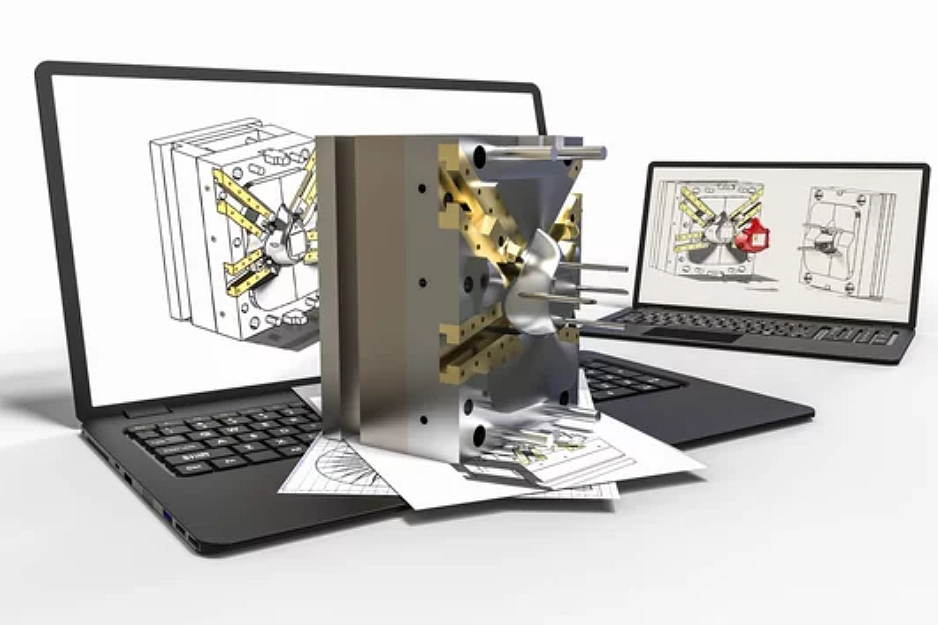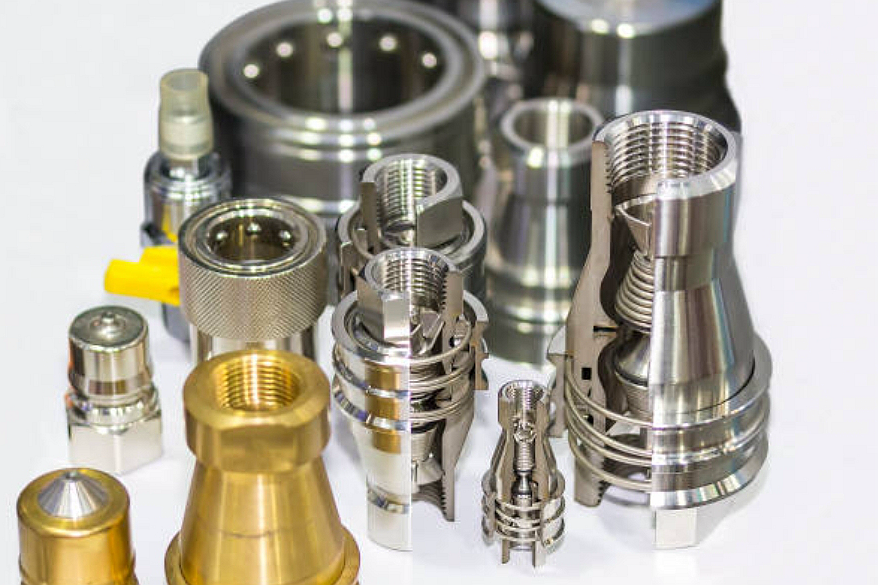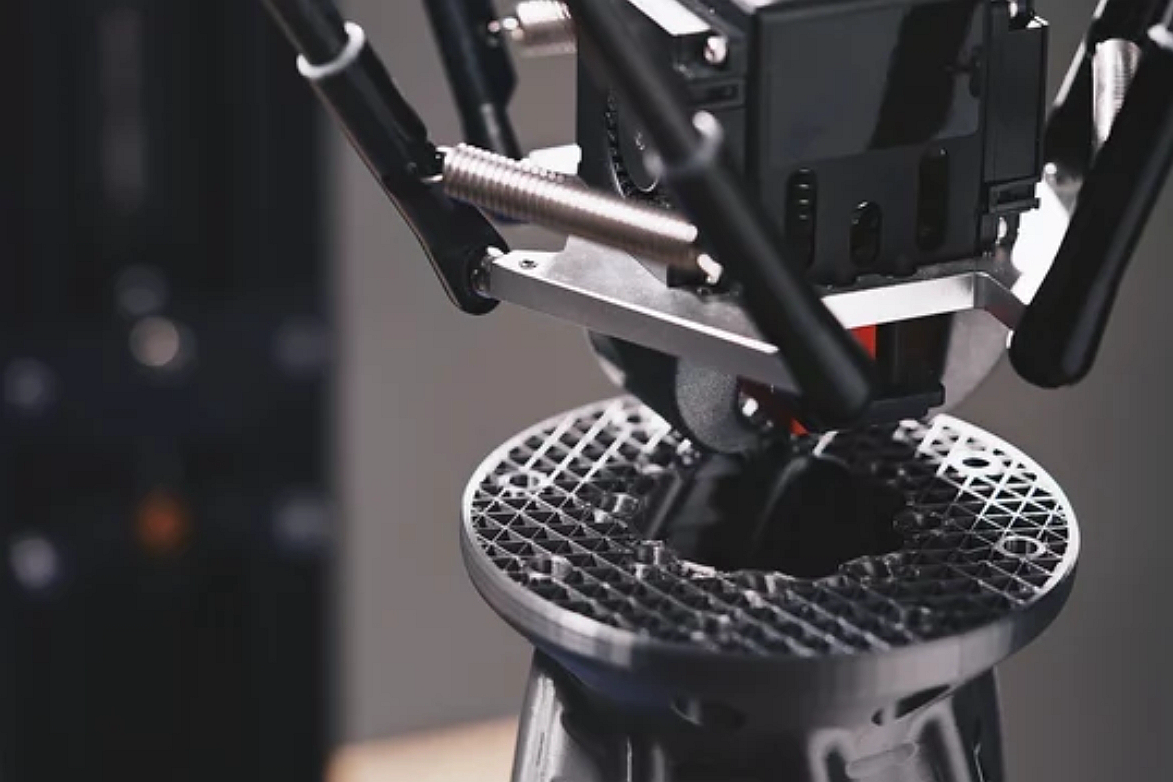InconelX-750
Description
Inconel X-750 is a nickel-chromium alloy renowned for its robust combination of high strength, corrosion resistance, and ability to withstand elevated temperatures. This precipitation-hardenable alloy is infused with titanium and aluminum, contributing to its high tensile strength and resistance to relaxation at temperatures up to 704°C (1300°F). Inconel X-750 powder is specifically designed for additive manufacturing and powder metallurgy, enabling the production of components that benefit from the alloy's exceptional mechanical properties and oxidation resistance.
The fine, spherical powder of Inconel X-750 ensures excellent flowability and high packing density, which is crucial for achieving uniform layers during the additive manufacturing process. This characteristic and the alloy's hardenability make it an ideal choice for manufacturing complex shapes and designs requiring high durability and thermal cycling resistance.
Inconel X-750 Similar grades
Hastelloy X: Another nickel-chromium alloy known for its excellent oxidation resistance and high-temperature strength, often used in gas turbine engines and furnace parts.
Inconel 718: It shares similar corrosion resistance and strength at high temperatures but includes a higher percentage of niobium, which enhances its fatigue strength and stress-corrosion cracking resistance.
Nimonic 90: A nickel-chromium-cobalt alloy with titanium and aluminum for precipitation hardening. It offers high strength at temperatures up to about 920°C (1688°F) and is often used in aircraft parts and gas turbine components.
Applications
Inconel X-750 powder, with its unique combination of high strength, corrosion resistance, and temperature tolerance, is extensively utilized in various industries for manufacturing components that demand exceptional performance under extreme conditions. This section highlights specific applications of Inconel X-750 in different sectors, emphasizing the alloy's adaptability and effectiveness.
Aerospace Industry
Turbine Blades and Rotors: Inconel X-750's resistance to oxidation and high-temperature stability make it ideal for turbine blades and rotors in jet engines. These components benefit from the alloy's ability to maintain strength and integrity at high temperatures, ensuring reliability and longevity.
Rocket Engine Components: The alloy's resistance to thermal cycling and high-temperature corrosion is crucial for rocket engine parts subjected to rapid temperature changes and harsh combustion environments.
Power Generation
Nuclear Reactor Components: Inconel X-750 is used in the nuclear industry for structural components within reactors, such as springs and bolts, that require high strength and resistance to neutron radiation and corrosion by nuclear coolant.
Gas Turbine Parts: The alloy's thermal stability and strength at elevated temperatures support its use in gas turbines for electricity generation, especially in components like discs and fasteners.
Oil & Gas Exploration
Downhole Equipment and Tools: The high strength and corrosion resistance of Inconel X-750 make it suitable for manufacturing equipment used in oil and gas exploration, including downhole shafts and drill bits that face corrosive environments and high pressures.
Automotive Industry
Exhaust Systems: High-performance and racing vehicles use Inconel X-750 for exhaust system components due to its ability to withstand high temperatures and corrosive exhaust gases, contributing to enhanced durability and performance.
Chemical Processing
Heat Exchangers and Processing Equipment: The alloy's excellent resistance to various chemicals makes it a preferred material for heat exchangers, reactors, and other chemical processing equipment that must resist corrosion by aggressive substances.
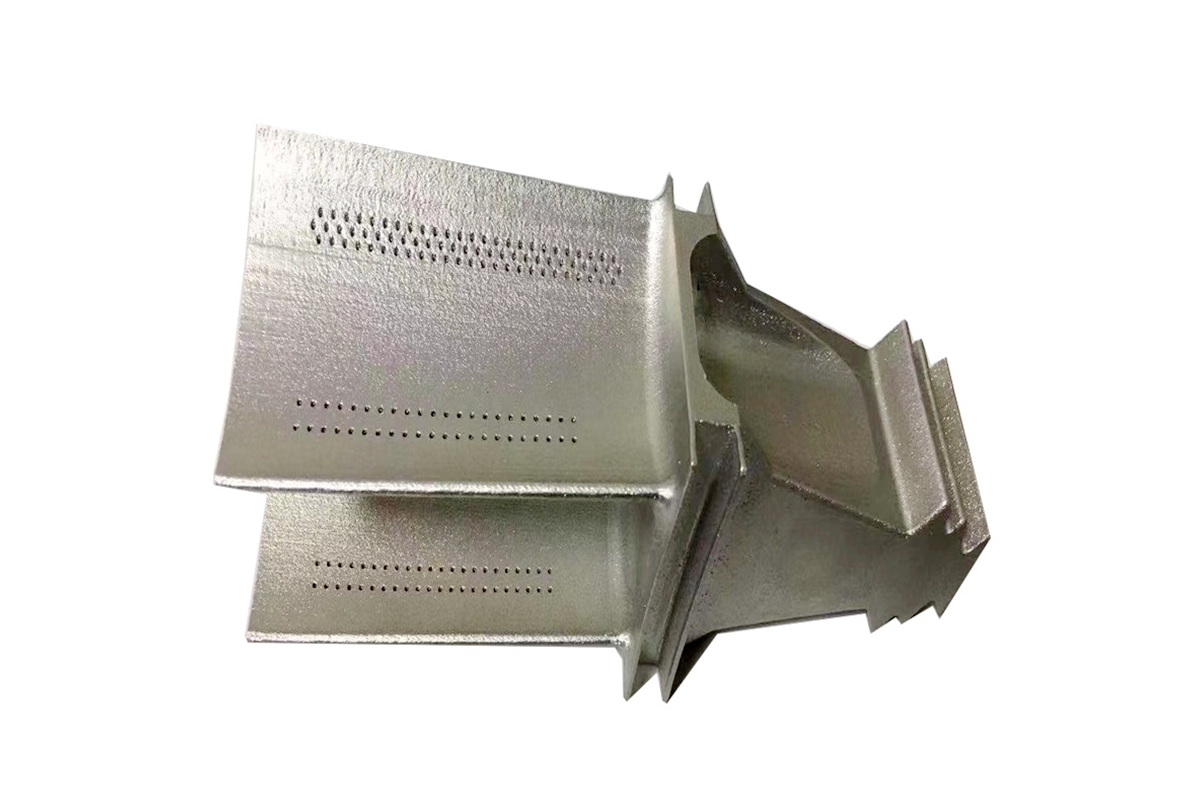
Composition and Properties
Inconelx750 Typical values(Weight%) | |||||||||||||
Cr | Mn | Ti | Co | C | P | Si | S | Nb | Mo | Cu | Al | Fe | Ni |
20~30 | ≤0.5 | 0.4 | 1 | ≤0.1 | ≤0.015 | ≤0.5 | ≤0.015 | 3.15 | 9 | 0.07 | ≤0.4 | 5 | Bal. |
Powder Characteristics
Inconel X-750 powder is engineered for high performance in additive manufacturing and powder metallurgy applications, where its unique characteristics enable the production of components with exceptional mechanical and physical properties.
Mechanical properties after the finished product | Powder state | ||||||||||||||||
Yield Strength | tensile strength | Elongation | size | 0- 15μm | 15-45μm | 45-75μm | 45- 150μm | ||||||||||
R p0.2/MPa | R m/MPa | δ5 /% | |||||||||||||||
Horizontal | ≥ 860 | ≥ 1380 | ≥25 | form | spherical | spherical | spherical | spherical | |||||||||
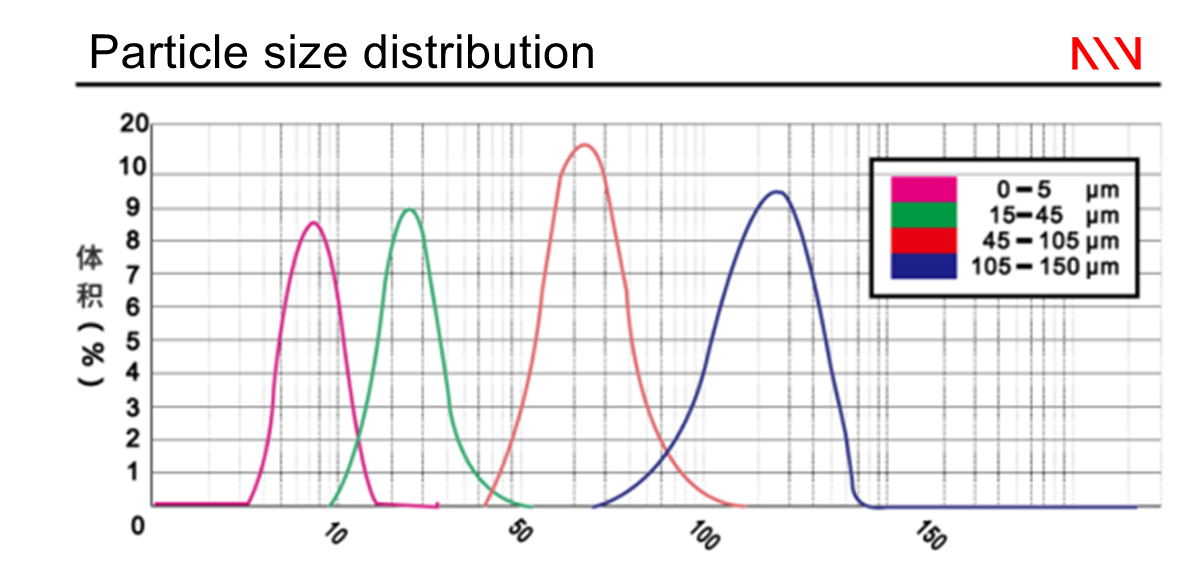
Physical Properties
Inconel X-750, a nickel-chromium alloy, is renowned for its resilience and versatility, particularly in high-temperature environments.
Density
Value: Approximately 8.28 g/cm³.
Implication: The relatively high density indicates the alloy's robustness and durability, making it suitable for heavy-duty applications in aerospace, power generation, and beyond, where material integrity under stress is crucial.
Hardness
Value: Ranges between 302-400 HB (Brinell Hardness) depending on the heat treatment and aging process.
Implication: The considerable hardness level of Inconel X-750 components ensures excellent wear resistance, making the alloy ideal for parts exposed to abrasive environments or those requiring a durable surface.
Specific Surface Area
Value: Tailored for specific manufacturing processes, mainly additive manufacturing, to ensure optimal sintering and melting behavior.
Implication: A controlled specific surface area allows for efficient energy absorption during the laser or electron beam melting processes, contributing to the production of high-density, defect-free components.
Sphericity
Value: High, with most particles exhibiting near-perfect spherical shapes.
Implication: High sphericity enhances the powder's flowability and packing density within the powder bed, leading to more uniform and consistent layers during additive manufacturing, which is vital for achieving optimal mechanical properties.
Bulk Density
Value: Typically ranges from 4.4 to 4.8 g/cm³, depending on the processing and particle size distribution.
Implication: This property affects the powder layering process in additive manufacturing, influencing deposition efficiency and layer uniformity, which are crucial for the quality of the final part.
Hall Flow Rate
Value: Optimized for excellent flowability, critical for consistent powder delivery in additive manufacturing.
Implication: A superior Hall flow rate ensures that Inconel X-750 powders can be quickly and consistently fed through additive manufacturing equipment, facilitating stable and continuous production cycles.
Melting Point
Value: 1393°C to 1427°C (2539°F to 2600°F).
Implication: The high melting point underscores the alloy's suitability for high-temperature applications, retaining structural integrity and performance under extreme heat.
Relative Density
Value: Near-full density (>99.5%) achievable in manufactured parts, depending on processing parameters.
Implication: Achieving near-full density indicates the material's capability to form solid, void-free components, which is crucial for structural integrity and performance.
Recommended Layer Thickness
Value: Typically 20-50 µm for additive manufacturing processes.
Implication: This range allows for precise control over part geometry and microstructure, enabling the production of components with complex shapes and high-detail resolution.
Thermal Expansion Coefficient
Value: Approximately 12.7 x 10^-6 /°C.
Implication: Inconel X-750's thermal expansion coefficient is carefully balanced to maintain dimensional stability across a wide temperature range, which is crucial for components in aerospace and automotive engines.
Thermal Conductivity
Value: About 11.4 W/m·K at room temperature.
Implication: This moderate level of thermal conductivity is beneficial in managing heat within components, particularly in applications involving thermal cycling.
Technical Standard
Value: Manufactured and tested according to stringent aerospace and industrial specifications.
Implication: Compliance with technical standards ensures that Inconel X-750 components meet rigorous quality and performance requirements, providing reliability and safety in their applications.
Manufacturing Techniques
The unique blend of mechanical and physical properties of Inconel X-750, a nickel-chromium alloy, makes it highly suited for various advanced manufacturing techniques. These processes capitalize on the alloy's high strength, corrosion resistance, and exceptional performance at elevated temperatures, making Inconel X-750 a material of choice for industries requiring highly durable and precise components.
Manufacturing Techniques Suitable for Inconel X-750
Selective Laser Melting (SLM):
SLM involves fully melting the alloy powder layer by layer with a high-power laser beam based on digital 3D models. It's particularly effective for Inconel X-750 because it produces parts with complex geometries and excellent mechanical properties.
Electron Beam Melting (EBM):
Similar to SLM, it uses an electron beam in a vacuum to melt the powder. EBM is well-suited for Inconel X-750, producing components with reduced residual stress and high temperature and corrosion resistance.
Direct Metal Laser Sintering (DMLS):
DMLS sinters the alloy powder without fully melting it, enabling the fabrication of intricate designs for parts. It's suitable for Inconel X-750, especially for producing parts that benefit from the alloy's high-temperature capability.
Hot Isostatic Pressing (HIP):
The HIP is a post-processing technique that applies high pressure and temperature to improve parts' density and mechanical properties. For Inconel X-750, HIP can enhance strength and fatigue life, making it ideal for critical components.
Advantages in Production
Complex Geometry Fabrication: These advanced manufacturing techniques allow for creating Inconel X-750 components with complex shapes and structures that are difficult or impossible to achieve with traditional manufacturing methods.
Reduced Material Waste: Additive manufacturing processes like SLM and EBM significantly minimize material waste, making the production of Inconel X-750 components more sustainable and cost-effective.
Enhanced Mechanical Properties: Components produced from Inconel X-750 powders can achieve superior mechanical properties, including high tensile and yield strengths, due to the refined microstructure achieved with these manufacturing processes.
Rapid Prototyping and Production: The ability to quickly transition from digital designs to physical parts reduces development and production times, allowing for faster innovation and customization of designs.
Common Issues and Solutions in Manufacturing with Inconel X-750
Issue: Residual Stress and Cracking
Solution: Optimize processing parameters, such as laser or electron beam power, scanning speed, and preheating temperature, to minimize thermal gradients and reduce residual stress.
Issue: Powder Recyclability
Solution: Implement strict powder handling and storage protocols to maintain powder quality. Use sieving and blending practices to ensure consistency in powder feedstock.
Issue: Surface Roughness
Solution: Post-process parts with machining, polishing, or chemical etching techniques to improve surface finish.
Manufacturing With Inconel 600 Powders
